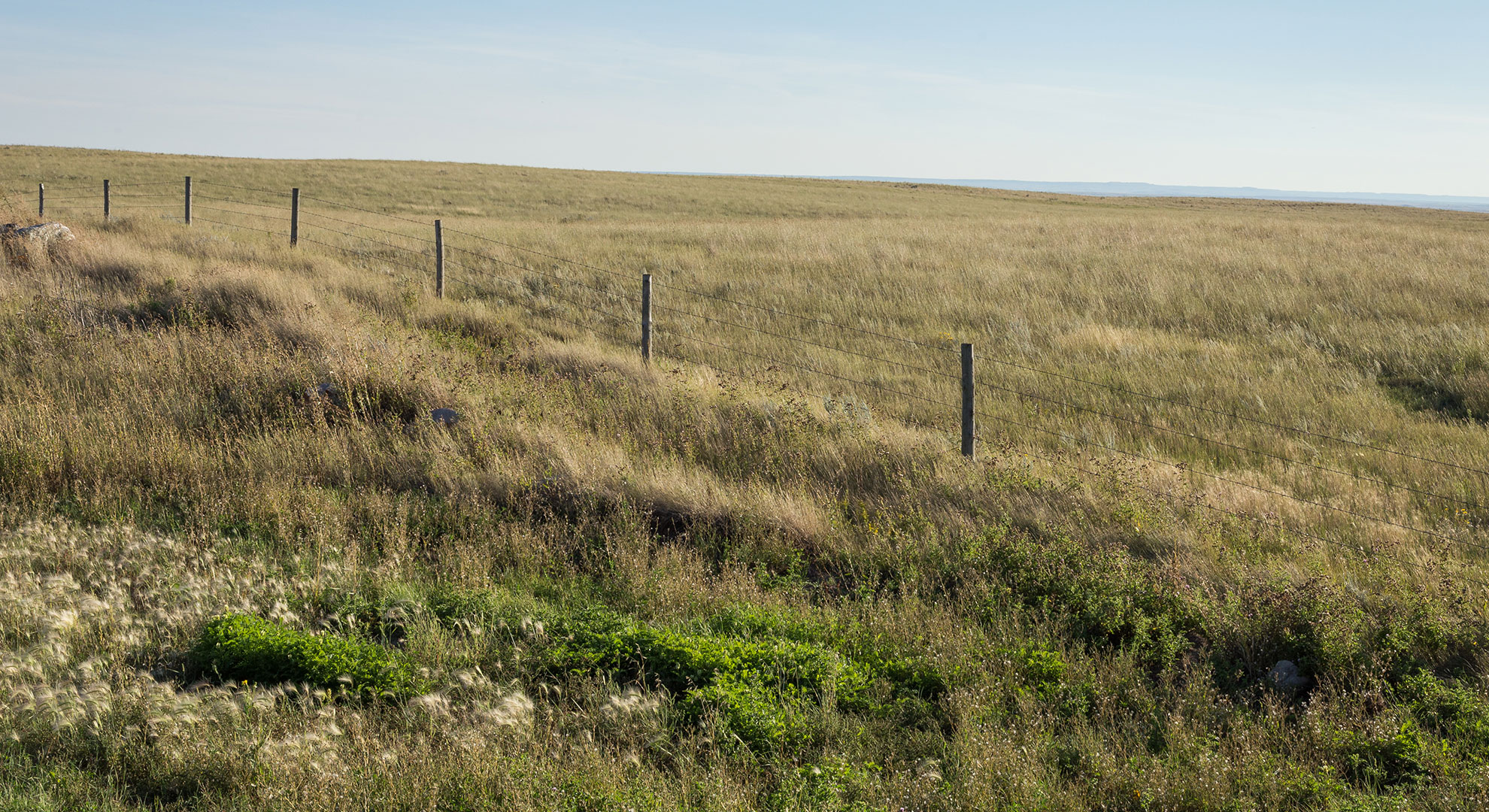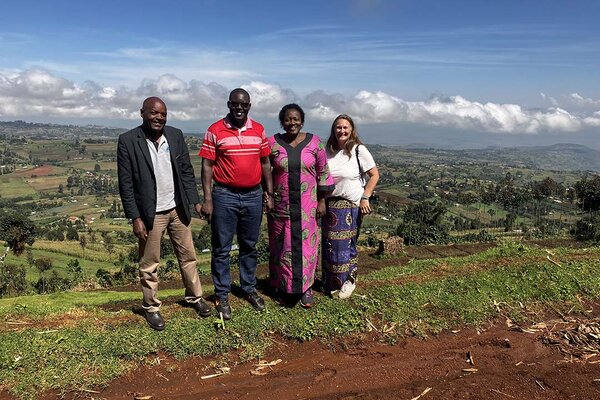
2018 Prairie Division of the Canadian Association of Geographers (PCAG) Annual Meeting
PCAG 2018 a great time to get together and network with other geographers and an opportunity to share your research
The Department of Environment and Geography is set to host The Prairie Division of the Canadian Association of Geographers (PCAG 2018) Annual General Meeting from September 28-30, 2018 at Lakeview Hecla Resort, Hecla, Manitoba.
PCAG is an excellent opportunity for undergraduate students, graduate students, and faculty to:
1. present their research in a collegial atmosphere;
2. network with other graduate students and faculty from the member universities;
3. attend an educational field trip and learn about the Prairies.
All research (whether it is on the prairies, or the researcher comes from the prairies) is welcome and encouraged. Research does not need to be about the Prairies!
This event begins with a mixer on the Friday evening, oral and poster presentations on the Saturday morning, a field trip on Saturday afternoon, and a banquet complete with awards and a photo competition on Saturday Evening. The annual general meeting is held on Sunday morning. Student registration for the event will most likely be less than $100 (which includes the banquet) and students who present an oral or poster presentation are often given a travel award averaging about $100 (amount determined at the AGM). The Field trip will be reasonably priced as an add on to the registration.


